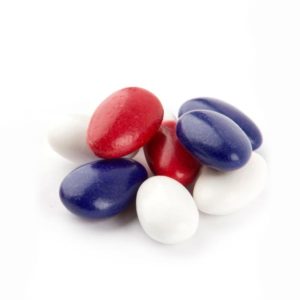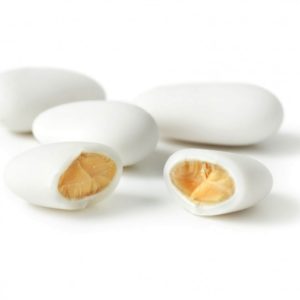Color plays a critical role in food quality perception, directly influencing consumer appeal. Natural pigments, especially anthocyanins, are sensitive to heat, light, and oxygen, making color preservation a major concern in food processing. Acacia gum has emerged as a multifunctional ingredient that enhances color stability and protects pigment integrity.
Stabilizing Natural Pigments
- Anthocyanin microencapsulation using acacia gum and maltodextrin has been shown to significantly improve pigment retention during heat-based processes.
- This technique enhances the shelf life of colorful ingredients and maintains their visual appeal under harsh conditions.
Postharvest Treatments in Mangoes
- Application of acacia gum combined with calcium chloride has proven effective in reducing color degradation in mangoes.
- It slows down enzymatic changes, retains fruit firmness, and contributes to prolonged freshness.
Preventing Browning in Dehydrated Tomatoes
- Acacia gum is useful in combatting non-enzymatic browning, which affects dried fruits and vegetables.
- Treatments with 5–10% acacia gum preserve red tones, reduce browning index, and sustain product appearance over extended storage periods.









